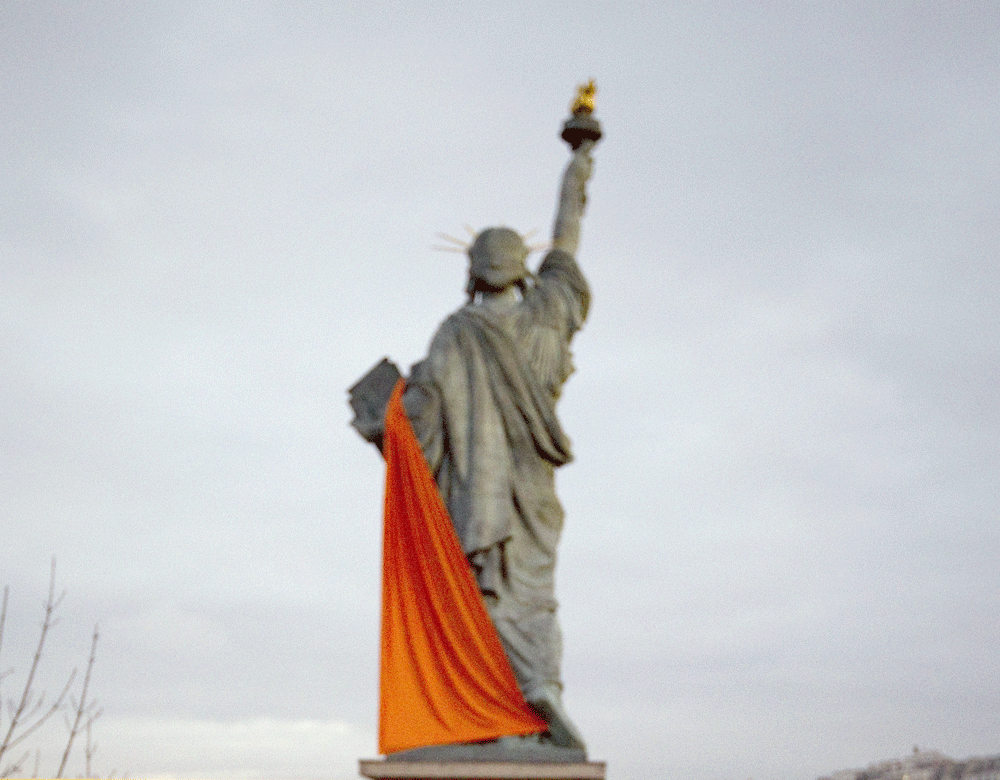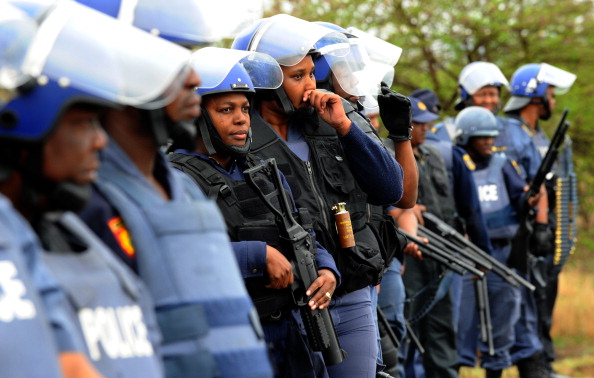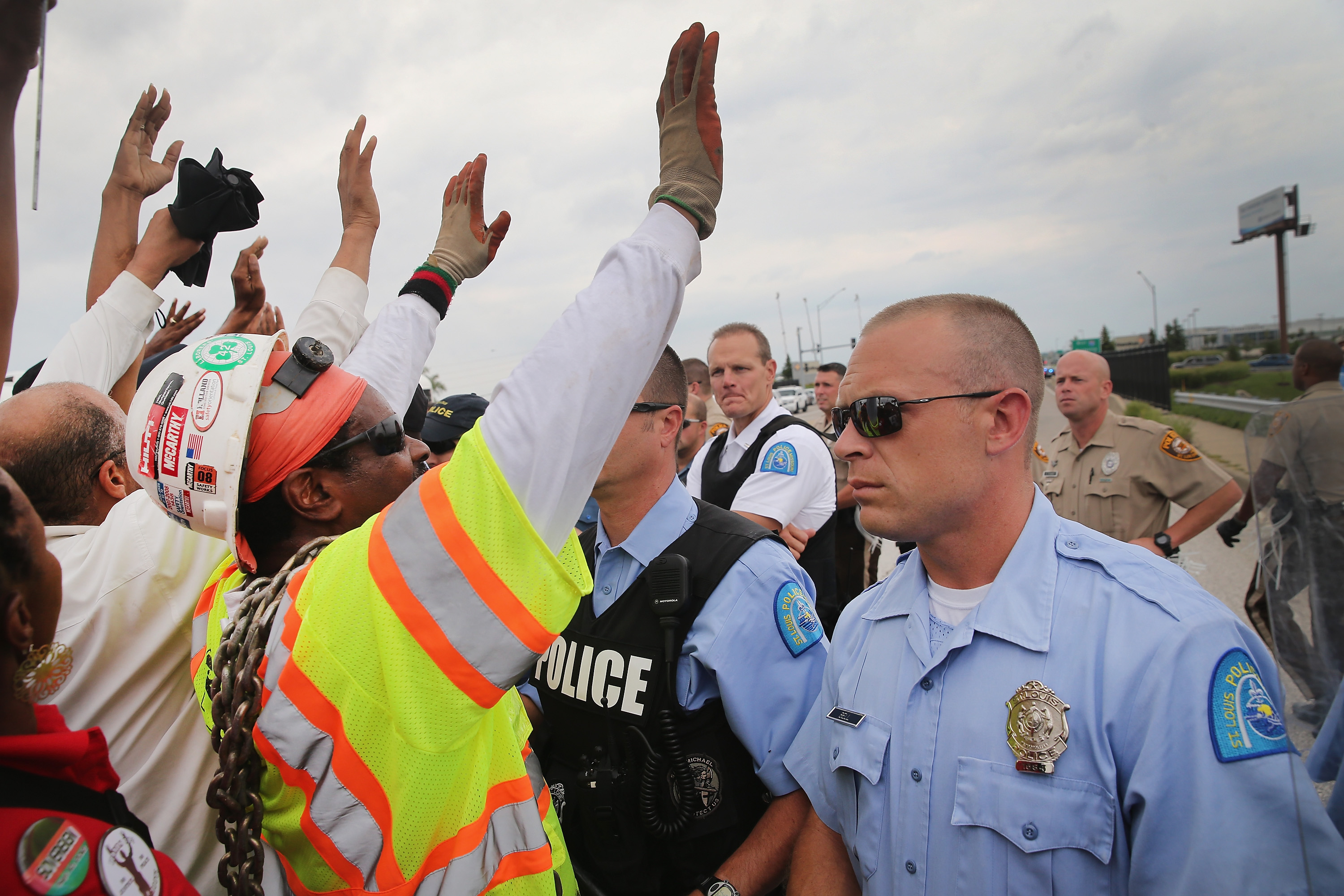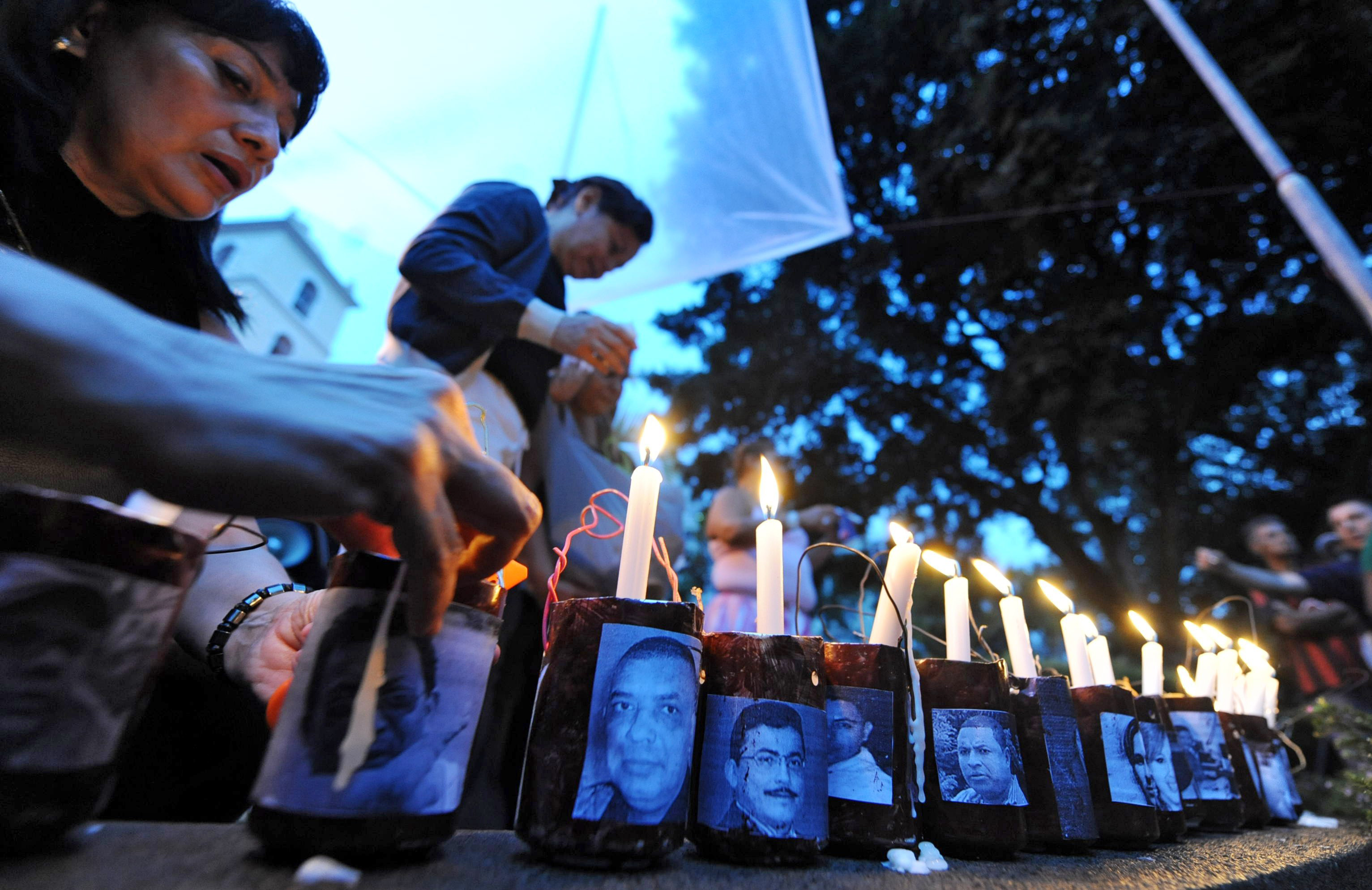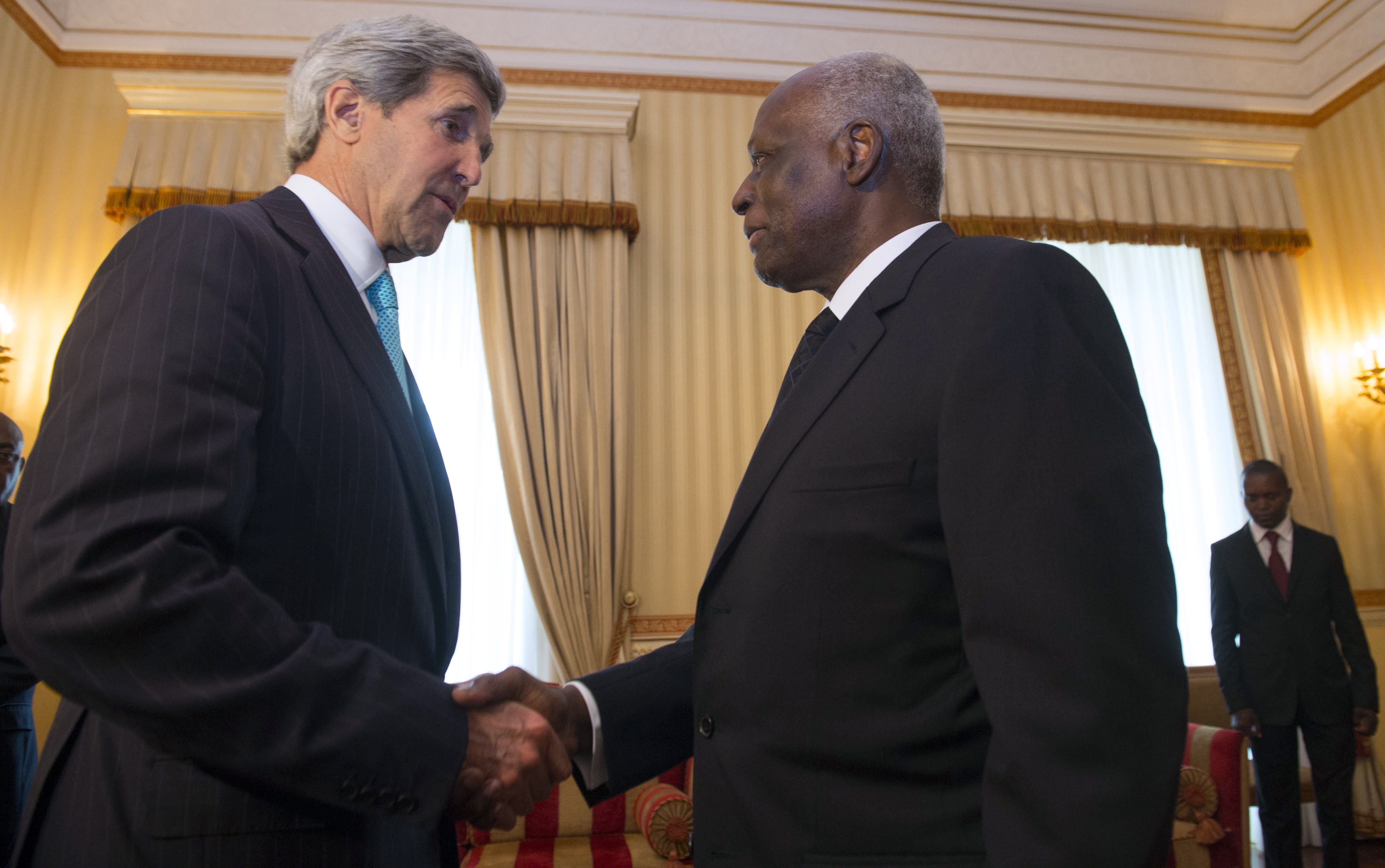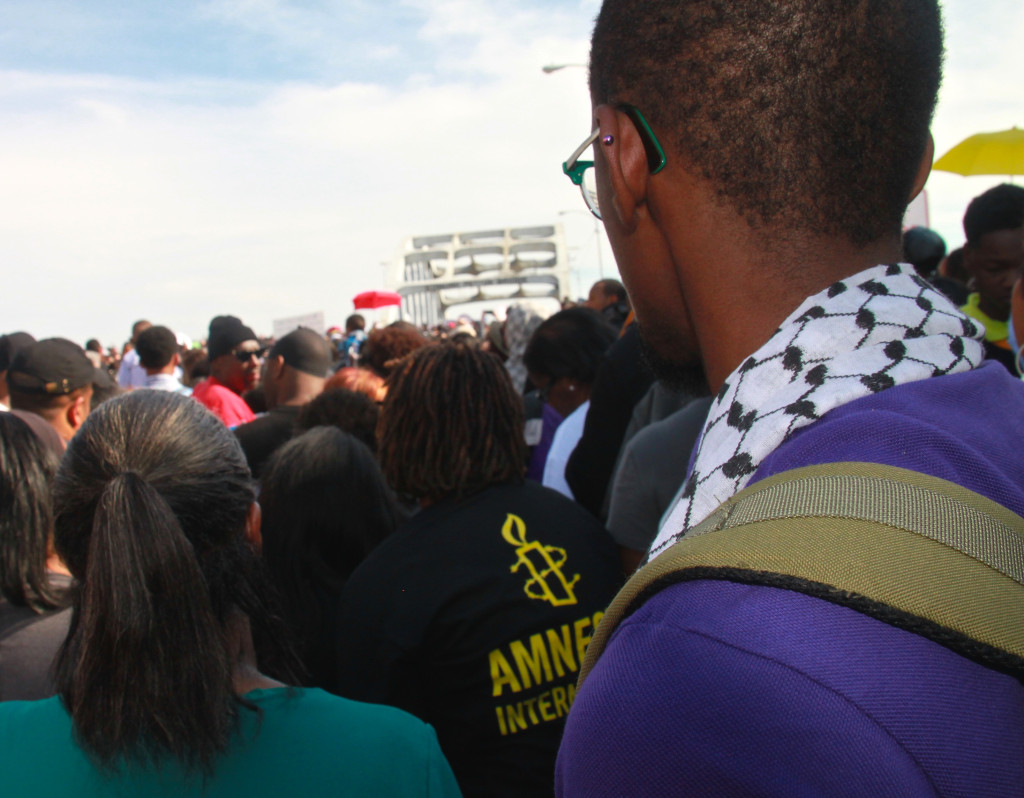
Larry Fellows III (right) traveled to Selma, Alabama with Amnesty International USA for the 50th anniversary of “Bloody Sunday.”
This post was originally published on Ebony.
I’m riding with folks from St. Louis on a nine hour trip to Selma. A fellow activist, Tiffany, asks the group, “When did you realize you were Black?”I thought about that question and imagined how different this ride would have been in 1965. The fear of being pulled over by a police officer on a back road and beaten to death while being called “boy,” “monkey” or “nigger.”
We are still dealing with the fear of interacting with police today. Black people are being targeted by law enforcement at an alarming rate and a “routine” traffic stop can still become a death sentence. “This ain’t no walk in the park,” fellow St. Louis native, activist, and comedian Dick Gregory tells me as we stand in the warm sun waiting for President Obama’s arrival.
SEE THE REST OF THIS POST

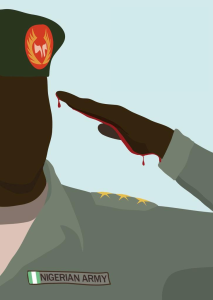 by Adotei Akwei and Bridget Duru
by Adotei Akwei and Bridget Duru

